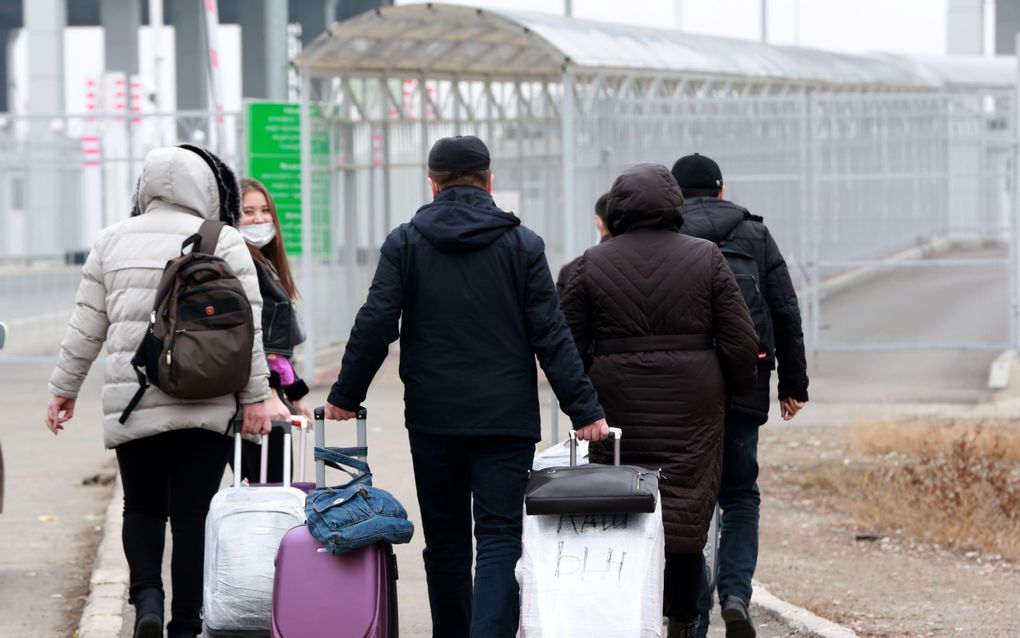Kazachstan tries to ban import of Bibles

Photo EPA, Igor Kovalenko
European Union
For the first time in two years, Kazakh border authorities have resumed their efforts on banning imported religious literature.
In 2022, border guards from Shymkent and Atameken airports issued fines to five individuals who imported religious literature without prior permission. According to reporting from Forum 18, the fines amounted to several weeks’ worth of the average national wage. In four of the five cases, the books would be given back once the fine was paid. However, in one case, no decision had been made on a possible return of the books. According to the authorities, all of the literature was found to be “extremist”.
The cases signal a return in violating international laws on human rights. According to its nationwide regulations, Article 9, part 2 in its religion law states that the distribution of religious material or religious objects are only allowed in places that are registered by the government and “local executive authorities.” The law also applies to individuals who import religious material from abroad. Those who are caught can be fined the equivalent of one month’s wage. The amount may be higher if the violator is on a pension or unemployed.
A customs official from Shymkent airport has denied any claims that border guards seized any religious material. However, the airport has a system set in place for scrutinising possible books that are packed away in suitcases.
“We see on the x-ray machine if they have books and, if they do, we look at them to see if they are religious," he said in the <a href=" article." target="_blank">https://www.forum18.org/archive.php?article_id=2802).
Another border official at the same airport said that they did not seize any religious books nor did they issue fines.
“We didn't confiscate any books, we just took them away and handed them on to the police to be examined," the official said. “We're not experts on literature. We simply fulfilled our task.”
According to those who had their books taken, this was not the case. According to international passenger, Dauran Alimov, border guards had confiscated 222 Arabic religious texts at the Shymkent airport. The guards told Alimov that he failed to declare them. However, Alimov said that he had no knowledge of that requirement. The border guards transferred the case to the police and then to a specialised administrative court. The judge later found him guilty of violating the national regulations on religion. The Court also fined him the equivalent of a month’s worth of wages plus a three-month ban on “unspecified activity.” Earlier that year, border guards at the Atameken checkpoint crossing confiscated 44 religious books from a passenger and then 78 additional religious materials from another in May. The guards found the two individuals guilty of not being registered under a religious organisation and for bringing in literature without an “expert” from the Religious Affairs Committee. All were subjected to steep fines and bans on “unspecified activity.”
The United Nations Human Rights Committee concluded that Kazakhstan’s censorship regulations in religion are “problematic.” The UN decision came after the chair of the Jehovah’s Witness organisation, Polat Bekzhan, could not bring ten religious publications into the country back in 2012. According to the Forum 18 article, the UN ruled that Kazakhstan remove the restrictions for Bekzhan, but as of last year, the country has not taken any action.
Related Articles






